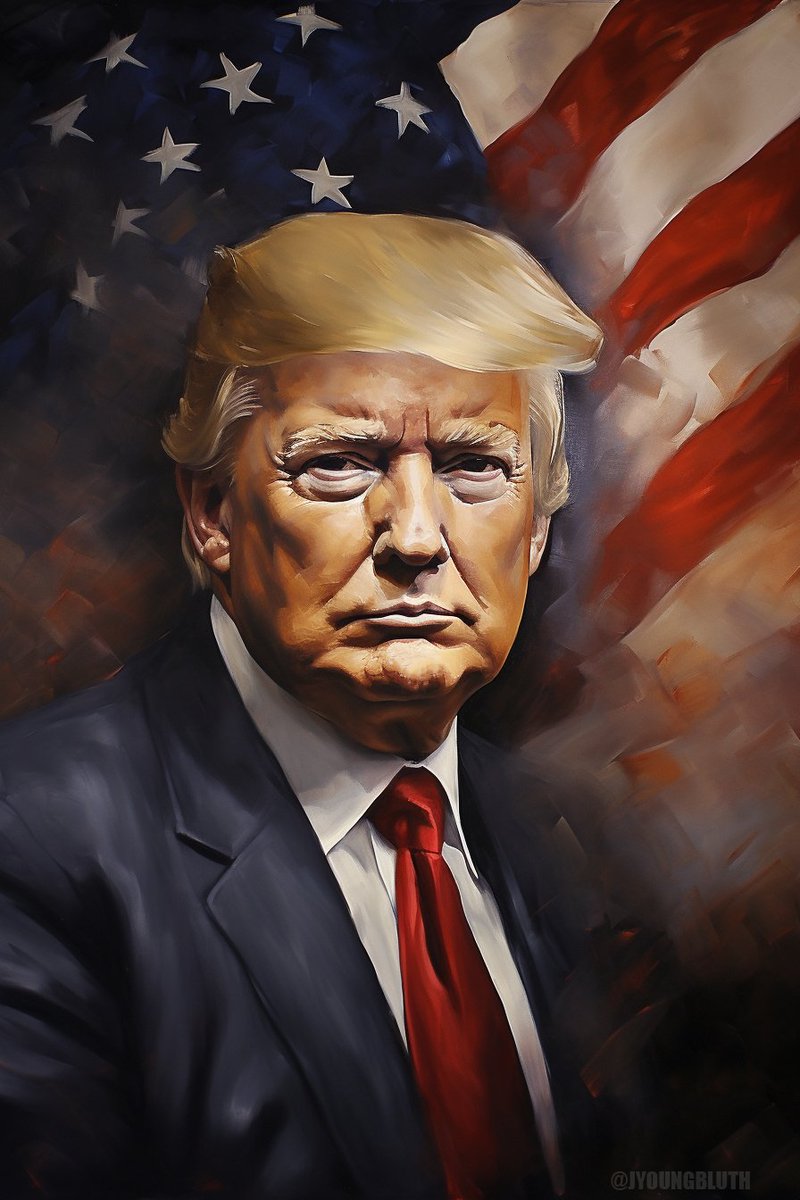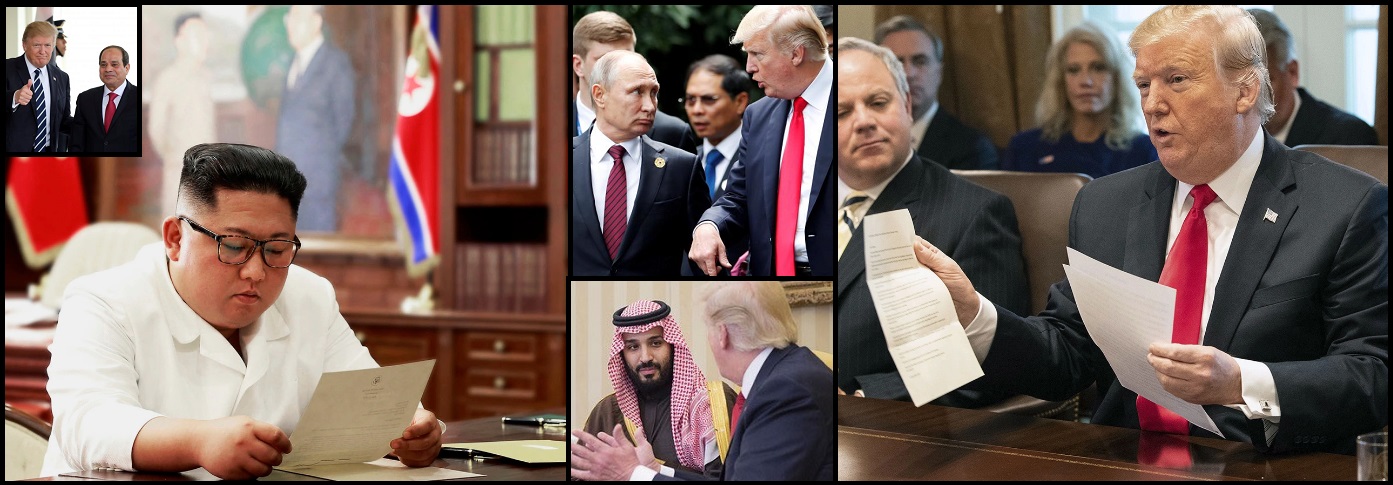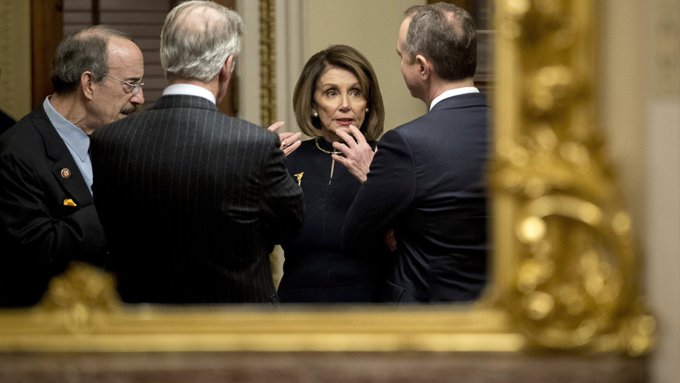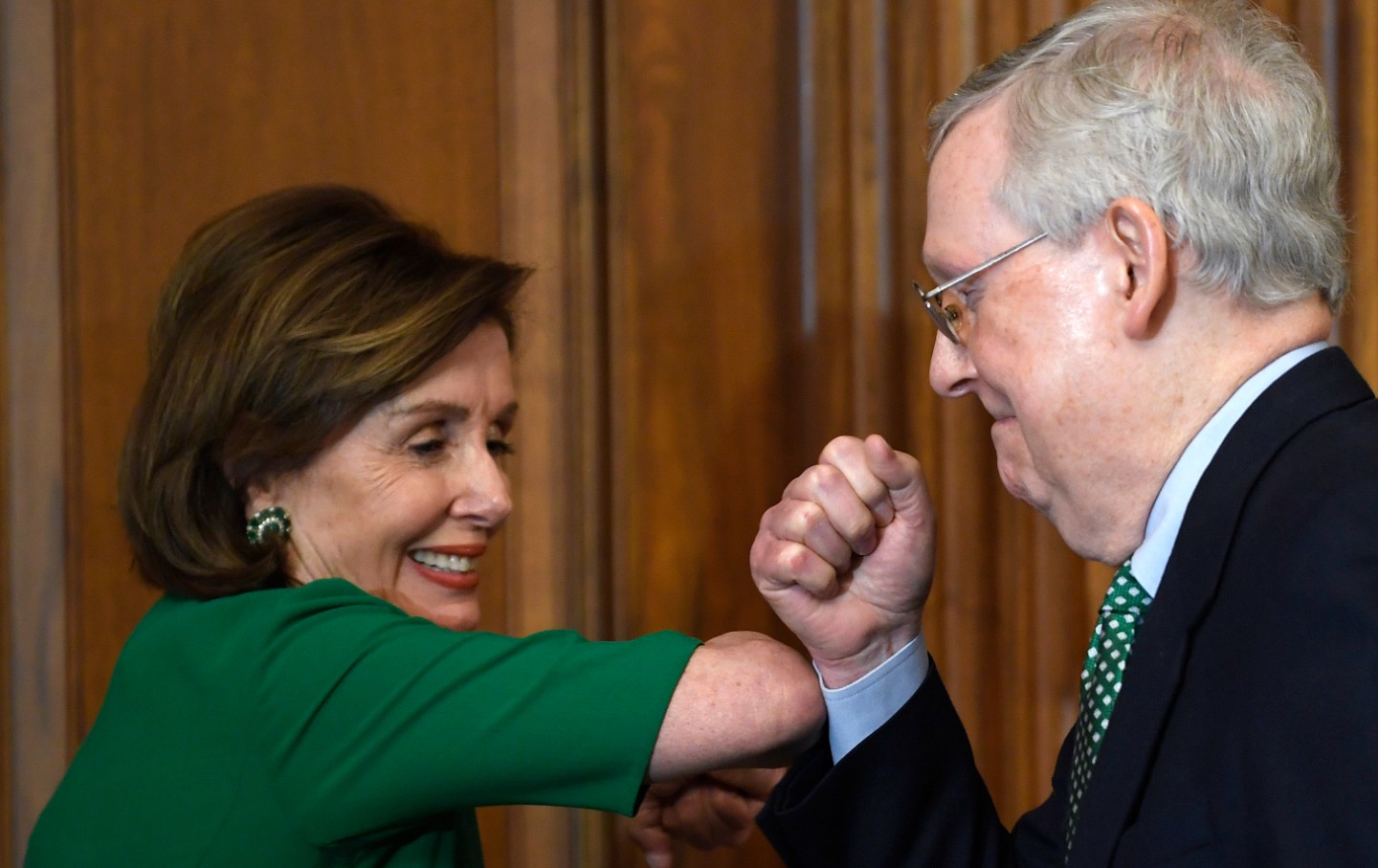Posted originally on the CTH on August 6, 2023 | Sundance
President Trump attorney John Lauro appears on Face the Nation with Major Garrett to discuss and debate the Biden administration’s criminal prosecution of President Trump for contesting the results of the 2020 election. Toward that latter part of the interview, Garrett needs to enhance his leftist bona fides with a strawman argument about the 2016 election outcome. Lauro handles Garrett’s narrative engineering very well. [Video and Transcript Below] WATCH:
MAJOR GARRETT: We go now to John Lauro, one of former President Trump’s lawyers. He joins us now from New York. John, good morning to you. I want to let you know that we spoke with former Vice President–
JOHN LAURO: –Good morning
MAJOR GARRETT: –Mike Pence and asked him specifically about your assertions made this last week that all the President did was asked him to pause the certification on January 6, 2021. He told me flatly, quote, “That’s not what happened.” Your response?
LAURO: That’s not- that’s not what I said, though, but that’s okay.
MAJOR GARRETT: What- what is it that you believe happened between the President and the Vice President? And do you have any fear of the Vice President being called as a witness in the case?
LAURO: No, in fact, the Vice President will be our best witness. What I said is the ultimate ask of Vice President Pence was to pause the count and allow the states to weigh in. That was my statement, and what- what I’ve said is consistent with what Vice President Pence is saying. The reason why Vice President Pence will be so important to the defense is the following, number one. Number two, he agrees that there were election irregularities, fraud, unlawful actions at the state level, all of that will- will eviscerate any allegation of criminal intent on the part of President Trump. And finally, what Vice President Pence believes and believed is that these issues needed to be debated on January 6. He openly called for all of these issues to be debated and objected to in the January 6 proceeding. President Trump, on the other hand, believed following the advice of John Eastman, who’s the legal scholar, that these issues needed to be debated at the state level, not the federal level. Now, of course, there was a constitutional disagreement between Vice President Pence and President Trump, but the bottom line is never- never in our country’s history has those kinds of disagreements been prosecuted criminally. It’s- It’s unheard of.
MAJOR GARRETT: John, can I ask you a couple of very simple basic yes or no questions? Is there- first, is there any condition under which the former president of the United States, your client, would accept a plea deal on these January 6 charges?
LAURO: No.
MAJOR GARRETT: Will you seek a motion to dismiss?
LAURO: Absolutely, 100 percent.
MAJOR GARRETT: When?
LAURO: Hundred percent. Well, within the time permitted. This is what’s called a Swiss cheese indictment. It has so many holes that we’re going to be identifying and litigating a number of- of motions that we’re going to file on First Amendment grounds, on the fact that President Trump is immune as president from- from being prosecuted in this way.
MAJOR GARRETT: Do you-do you have a ballpark figure of when you’ll be ready for trial?
LAURO: Well, I can tell you that in 40 years of practicing law, on a case of this magnitude, I’ve not known a single case to go to trial before two or three years.
MAJOR GARRETT: Understood. Are you still going to pursue a change of venue?
LAURO: Absolutely, we would like a diverse venue, a diverse jury.
MAJOR GARRETT: Do you have an expectation that will be granted?
LAURO: That reflects the- the- the characteristics of the American people. It’s up to the judge. I think West Virginia would be an excellent venue to try this case–
MAJOR GARRETT: — Speaking of the judge
LAURO: — very close to D.C. and a much more diverse–
MAJOR GARRETT: — Understood. Speaking of the judge’ earlier this week, your client, the former president, on his social media platform, said ‘The judge is unfair’, On what basis did he say that?
LAURO: Well, the problem with bringing a case like this in the middle of a campaign season, is statements are going to be made in the context of a campaign. We expect a fair and just trial in the District of Columbia. And- and my role- my role is simply to ensure that President Trump’s rights, just like every American’s rights, are protected every step of the way, and I’m going to do that.
MAJOR GARRETT: You mentioned discovery. In the protective order back and forth between you and the prosecutors, it says, the prosecution, that discovery will be provided, quote, ‘As soon as possible, including certain discovery to which the defendant is not entitled’. What’s wrong with that?
LAURO: We’re all in favor of protecting sensitive and highly sensitive information. But it’s unprecedented to have all information hidden in a criminal case, including, by the way, information that might be exculpatory and might be exonerative of President Trump. The Biden administration wants to keep that information from the American people.
MAJOR GARRETT: John, in the back and forth on this matter, you also said in the filing to the court that the former president would be willing to come to an agreement on this matter. And what I want to ask you is would that requirement be something where the President would agree not to release any information that was highly sensitive in this matter and would he also refrain from any speech that called for or hinted at retribution about anyone associated with the prosecution of this case?
LAURO: He’s never called for that at all. He’s going to abide by the conditions of his release. But of course, we would agree that any sensitive or highly sensitive information be kept under wraps. In fact, we made that proposition to the Biden administration, but they rejected it. They want every single piece of evidence in this case hidden from the American public.
MAJOR GARRETT: John, before I let you go, do you remember what you were doing the early morning of November 9th, 2016?
LAURO: I have no idea.
MAJOR GARRETT: Well, I remember what I was doing. I was covering President-elect Trump announcing that he had won the presidency, about 3 a.m. that morning after the November 8th election. My question to you, John, is how did he know he won?
LAURO: Well, politicians are convinced in the righteousness of their cause, including President Trump, and he certainly believed that he won and he did win in 2016- (crosstalk)
MAJOR GARRETT: — But on what basis did he know he- But on what basis did he know he won?
LAURO: — Can I finish? Can I finish?
MAJOR GARRETT: — Yeah. Sure.
LAURO: — Can I finish? And he believed in 2020 that he won based on the fact that he had 10 million more votes than in 2016. He had a situation where, somehow, President Biden, or at that time candidate Biden, received 15 million more votes than Hillary Clinton. And he also understood in 2020, that president- that President Trump understood that he had won all- virtually all of the bellwether counties, and 84 percent of all the counties in the country-
MAJOR GARRETT: Right. John- John, let me- let me help you with this–
LAURO: — So on that basis he believed that he was successful.
MAJOR GARRETT: — John, let me help you with this, I wasn’t asking about 2020.
LAURO: — No, let me help you with this, because the issue here- I have to help you with this.
[crosstalk]
MAJOR GARRETT: I wasn’t asking about 2020, John. John, I wasn’t asking about 2020. I was asking about 2016.
(CROSSTALK)
LAURO: The issue. Right. The issue. Right. The issue in a criminal case-
MAJOR GARRETT: Because- because the votes were still being counted in 2016. The votes were still being counted in 2016. There had been no recounts. How did he know in 2016 that he had won? How did he know? On what basis?
LAURO: The issue- the issue- let me just tell you something, the issue in this criminal case is not what happened in 2016 and whether all candidates say they won. The issue now is, in 2020, whether or not the Justice Department can weaponize criminal law to go after a political opponent and prevent that opponent from running for office. That’s the issue, not what happened in 2016.
MAJOR GARRETT: John Lauro, we thank you for your time.
LAURO: Do you think it’s fair- do you think it’s fair that- do you think it’s fair what the- what the Biden administration is doing to a candidate for president?
MAJOR GARRETT: John Lauro, we thank you for your time. We appreciate it.
LAURO: Thank you.
MAJOR GARRETT: And we will be right back.






